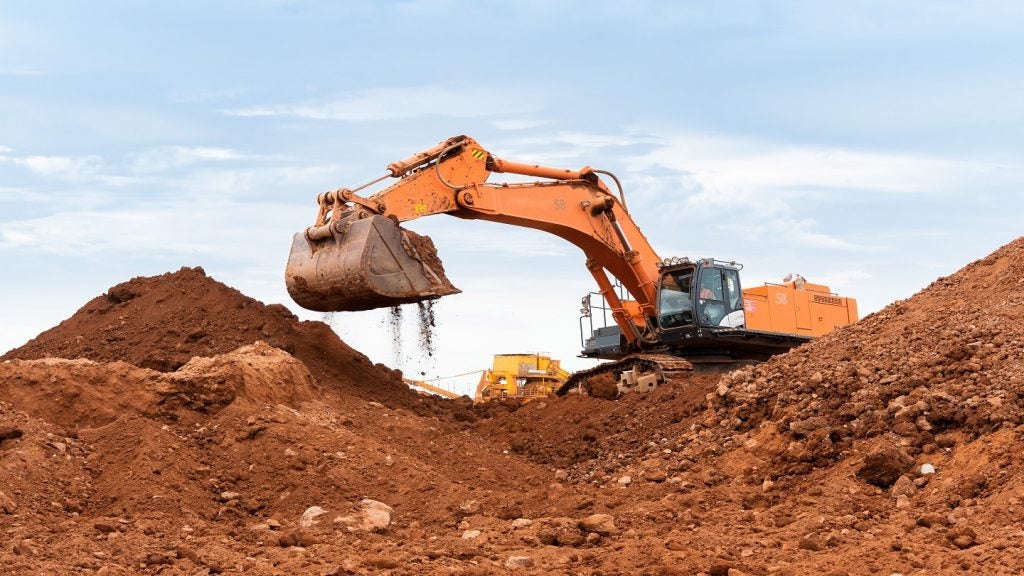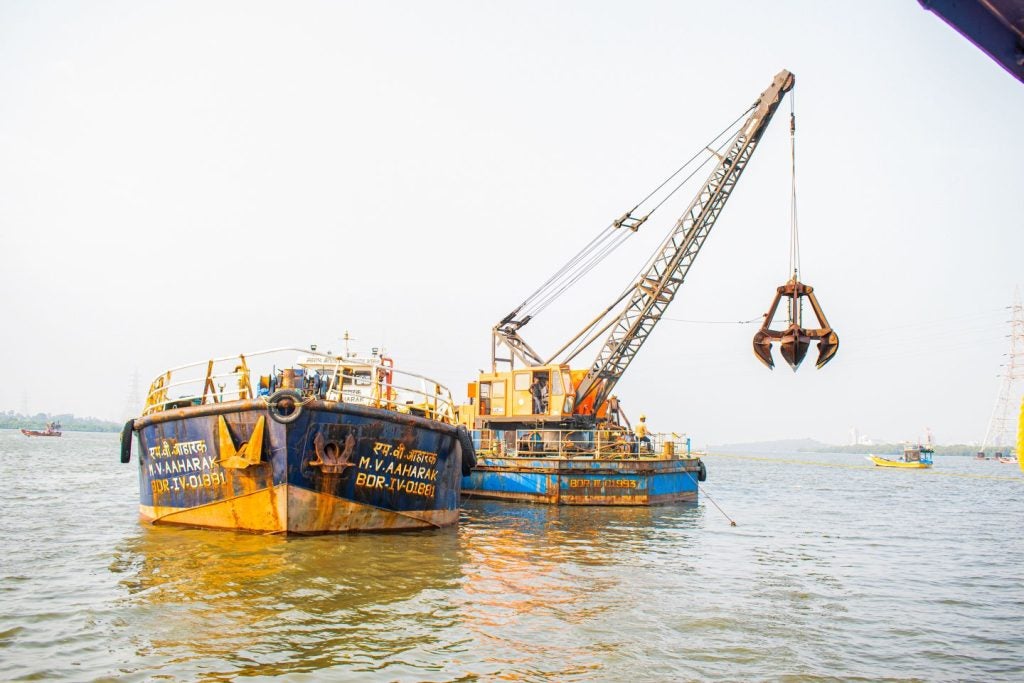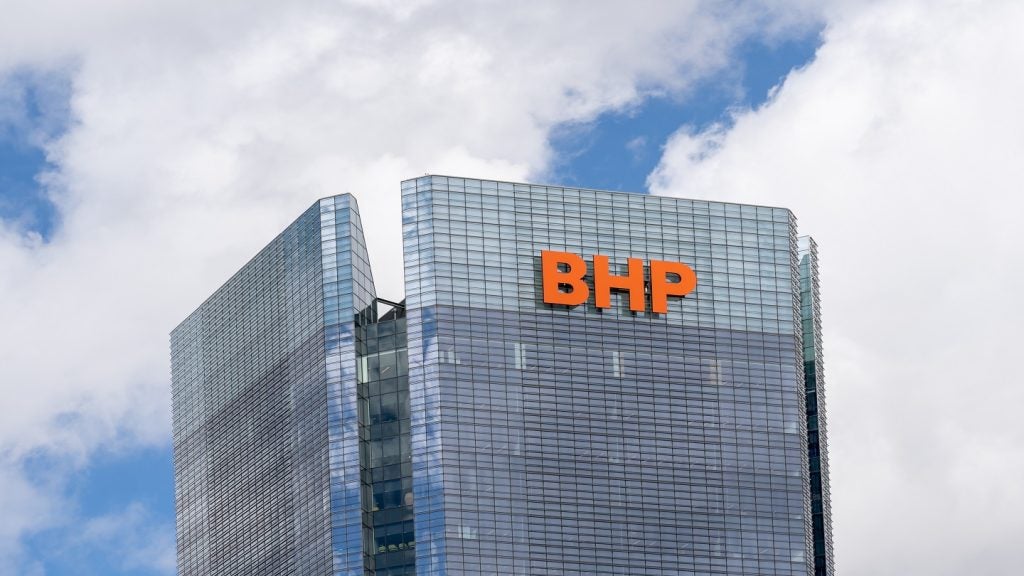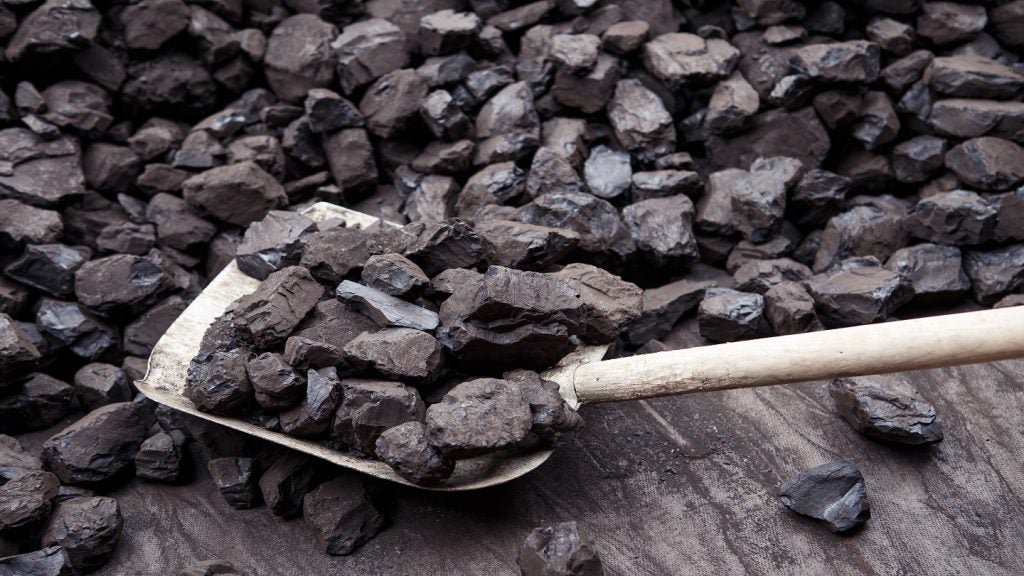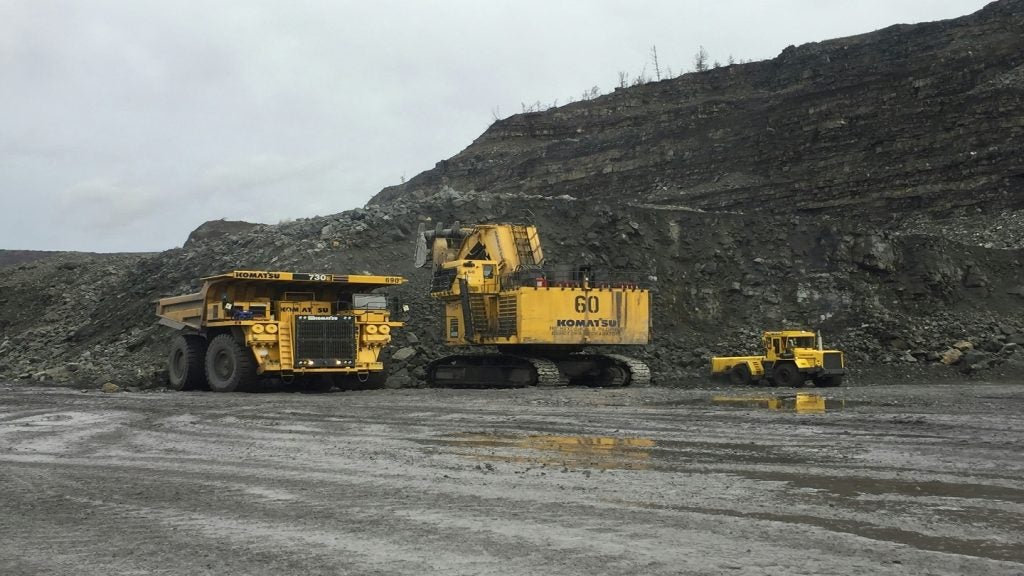A large-scale national strike, started on Monday in Guinea’s capital city, is disrupting operations across the country’s mining sector, sources have said.
Workers are demanding higher wages, better working conditions, the lifting of internet restrictions across the country and the liberation of a detained trade union leader, Sekou Jamal Pendessa.
Guinea has been under the control of a military junta, which seized power in 2021 after a coup. Anti-government protests have sporadically erupted throughout the last few years, intensifying over recent months. So far, all have been quashed, sometimes violently, by the junta.
The ongoing strike has left streets in the West African country's capital, Conakry, largely empty, banks closed and normally bustling markets deserted. Security forces were deployed at major road junctions at the beginning of the week, Reuters reported.
A senior official of a mining company, speaking anonymously, told reporters that employees were refusing to work, but added that mines are maintaining minimum service operations.
Guinea is the world's second-biggest bauxite producer. Traders said alumina prices in China were trading higher due to the strike, but the impact is currently limited thanks to large inventories of bauxite in China.
Guinea is also home to a massive iron ore project, approved by mining major Rio Tinto’s board last week, that will see the construction of 552km of new railways and several new mines.
"This situation is untenable. Everything is at a standstill," said another senior official of a separate mining company, who also requested anonymity.
The Guinean Trade Union Movement, an umbrella group overseeing multiple workers' unions, announced the nationwide strike in a statement last week. It said the strike will be indefinite, continuing until demands are met, and will include the public, private and informal sectors.
It follows the sudden dissolution of the transitional government, which had been in power since July 2022, by the military junta without explanation. The junta additionally instructed the seizure of government members' passports and froze their bank accounts.


